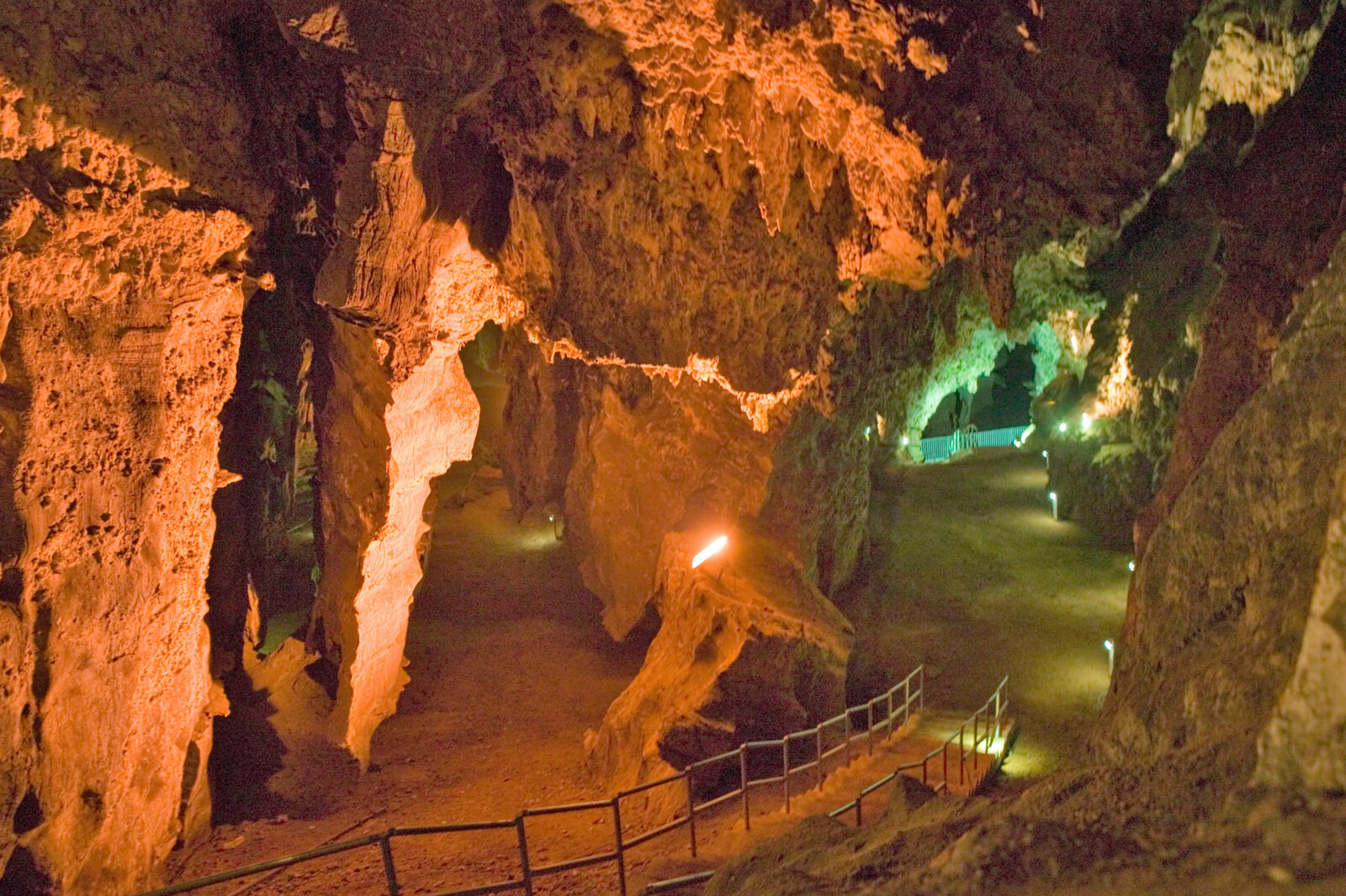


Debunked Transitional Fossils Just the Tip of the Iceberg

Intelligent Design Theory and the Fossil Record
00:06 | What is your area of research interest? 00:34 | What made you doubt the widely accepted neo-Darwinian explanation? 02:15 |Is there really a multitude of indirect forms in the fossil record confirming the gradual emergence of new species? 03:23 | Was the “sudden” appearance of new forms of living organisms during the so-called Cambrian explosion an individual event Read More ›
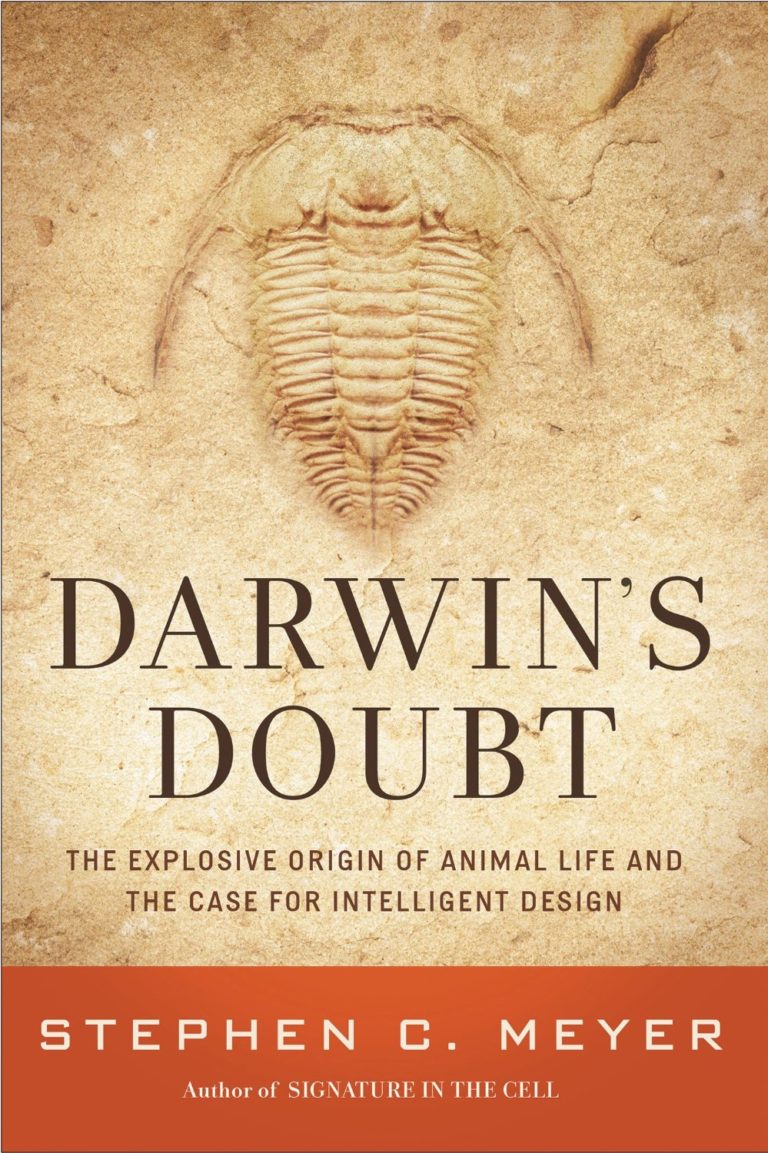
Darwin’s Doubt
When Charles Darwin finished The Origin of Species, he thought that he had explained every clue, but one. Though his theory could explain many facts, Darwin knew that there was a significant event in the history of life that his theory did not explain. During this event, the “Cambrian explosion,” many animals suddenly appeared in the fossil record without apparent ancestors Read More ›
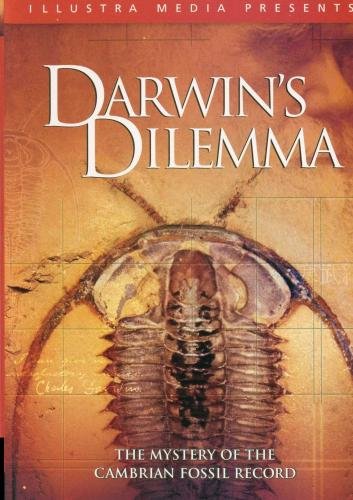
Darwin’s Dilemma
Darwin’s Dilemma examines what many consider to be the most powerful refutation of Darwinian evolution — the Cambrian fossil record. Charles Darwin realized that the fossil evidence did not support his theory of gradual, step-by-step evolutionary development. He hoped that future generations of scientists would make the discoveries necessary to validate his ideas. Today, after more than 150 years of Read More ›
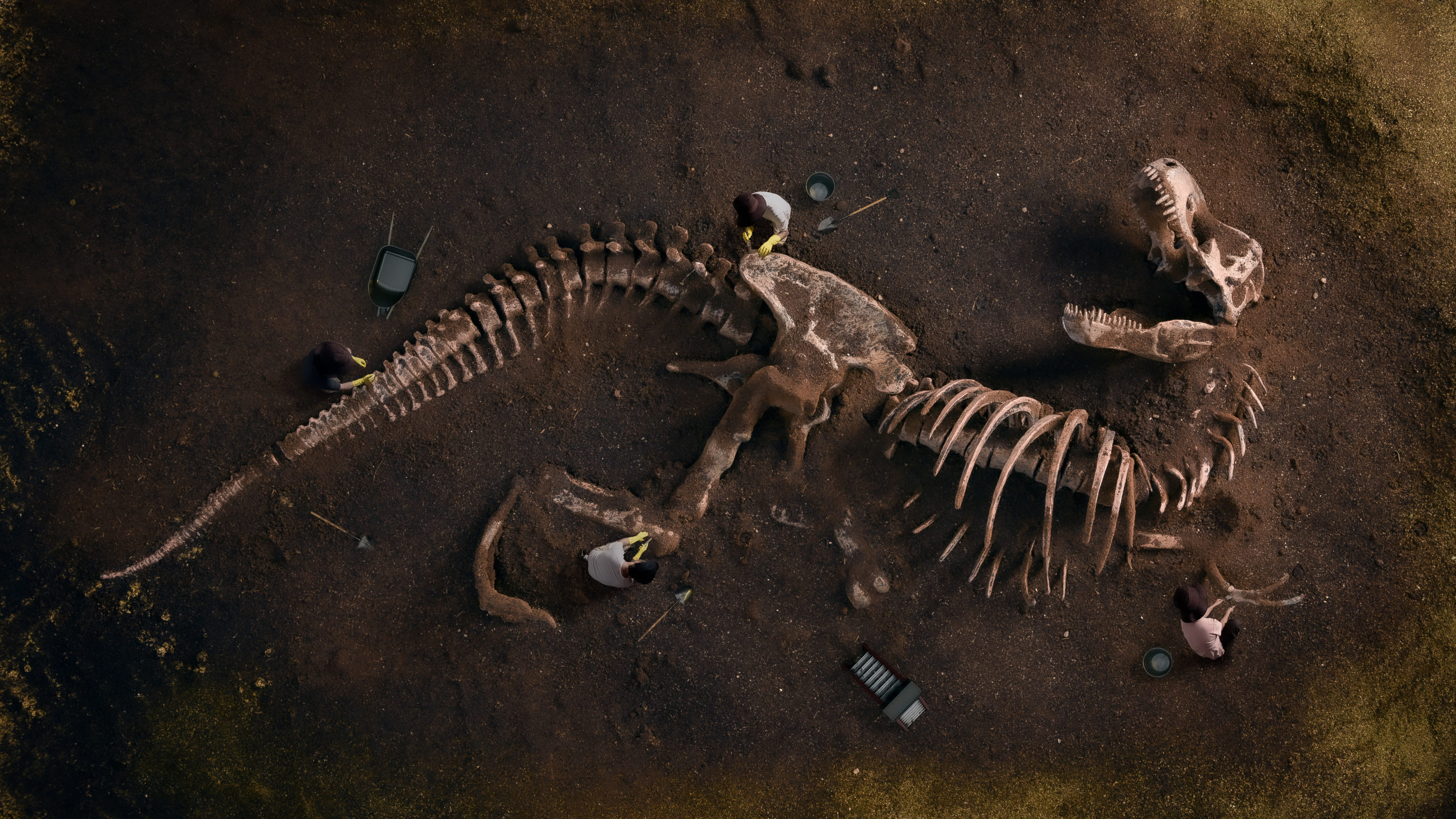
Intelligent Design Has Scientific Merit in Paleontology
[Editor’s note: This article was posted as part of a series of articles both for and against ID at OpposingViews.com.] “What one actually found was nothing but discontinuities. All species are separated from each other by bridgeless gaps; intermediates between species are not observed. … The problem was even more serious at the level of the higher categories.”1—Leading 20th Century Read More ›
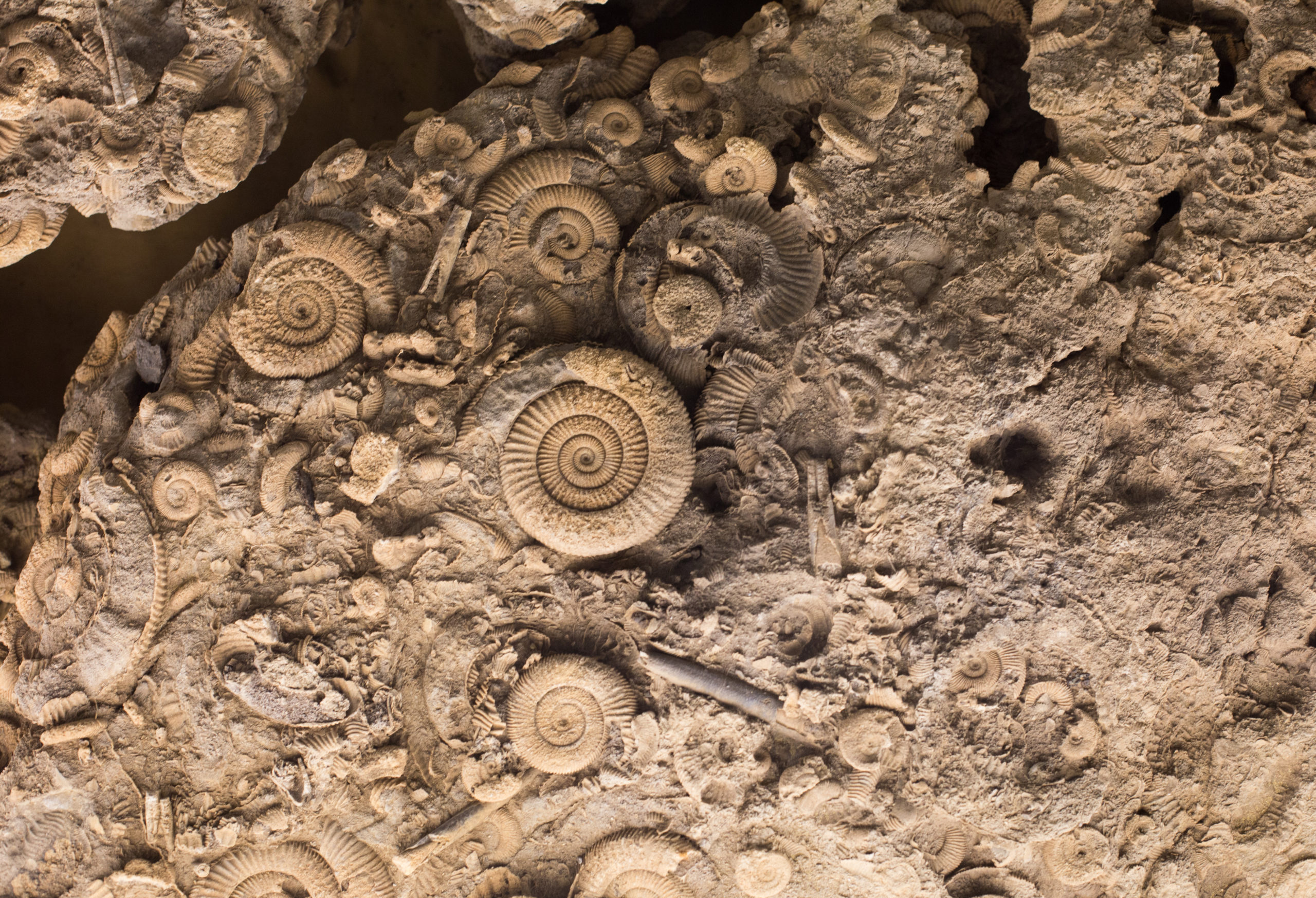
The Cambrian Explosion
Both Charles Darwin himself and contemporary neo-Darwinists such as Francisco Ayala, Richard Dawkins, and Richard Lewontin acknowledge that biological organisms appear to have been designed by an intelligence. Yet classical Darwinists and contemporary Darwinists alike have argued that what Francisco Ayala calls the “obvious design” of living things is only apparent. As Ayala, a former president of the American Association for the Advancement of Science, has explained: “The functional design of organisms and their features would therefore seem to argue for the existence of a designer. It was Darwin’s greatest accomplishment to show that the directive organization of living beings can be explained as the result of a natural process, natural selection, without any need to resort to a Creator or other external agent.”
According to Darwin and his contemporary followers, the mechanism of natural selection acting on random variation is sufficient to explain the origin of those features of life that once seemed to require explanation by reference to an intelligent or purposeful designer. Thus, according to Darwinists, the design hypothesis now represents an unnecessary and un-parsimonious explanation for the complexity and apparent design of living organisms. On these as well as methodological grounds contemporary biologists have generally excluded the design hypothesis from consideration as an explanation for the origin of biological form.
Read More ›